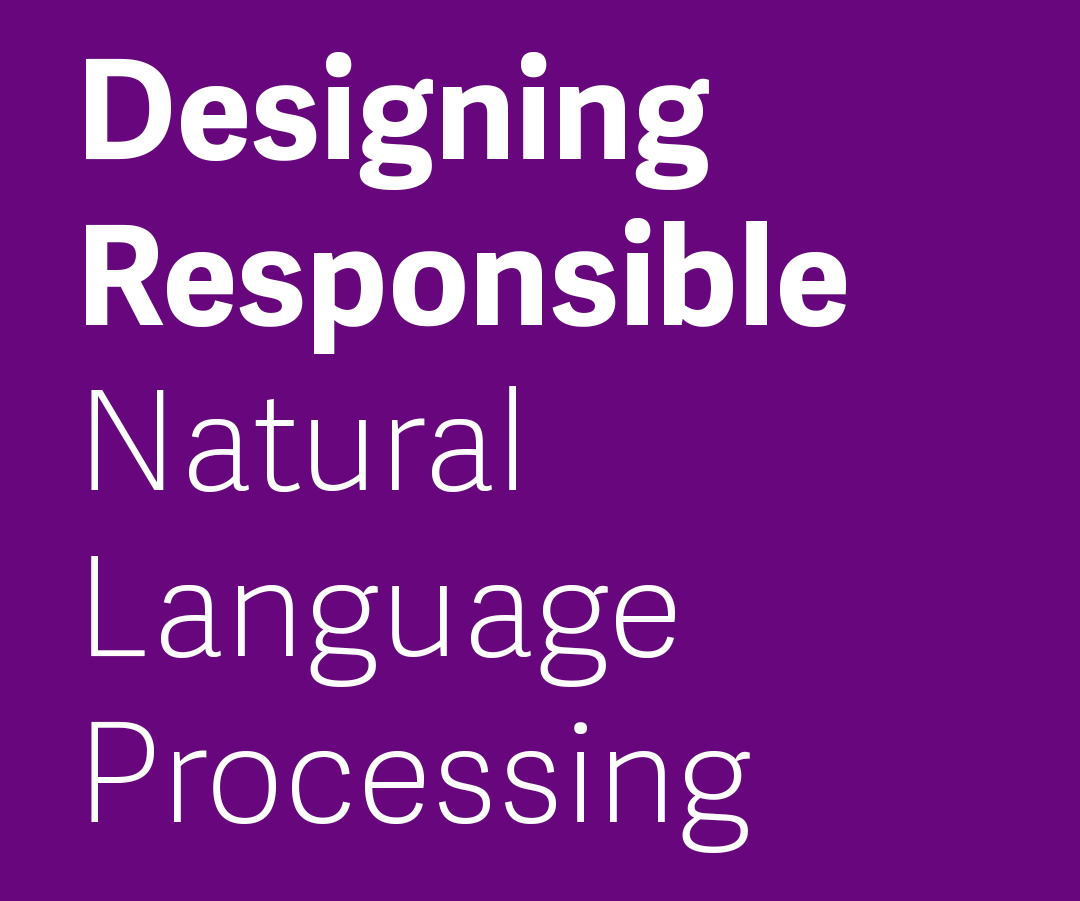Bríd-Áine Parnell

Email: bridaine.parnell@ed.ac.uk
Research keywords: NLP, Narratives, Policy, Media Studies, Science and Technology Studies
Bio:
Bríd-Áine is a former technology journalist with a focus on the economic, social and legal implications of technological change, and science and technology communication. Prior to starting her PhD, Bríd-Áine completed an MSc in Narrative Futures: Art, Data, and Society at the Edinburgh Futures Institute, where her work centred on the narrative environment that shaped the EU AI Act. Her interdisciplinary studies span data capitalism and colonialism, linguistics, computational text representation and analysis, and algorithmic justice.
PhD research:
For her PhD, Bríd-Áine is investigating how text encoding in online webforms is embedding error in data systems by failing to accurately represent names outside of the Anglosphere. Many webforms don’t take diacritical marks (so-called ‘special characters’ like the Irish síneadh fada or the French circumflex), so users often have to perform an anglicisation of their name in order to gain access to digital services, stripping out the accents so that their name is “acceptable” to the system. This is a racial micro-aggression, a systematic cultural erasure that is embedded in the infrastructure of layered technology systems, where the capabilities of the cutting edge are limited by the affordances of the foundations.
Her research aims to highlight the social impacts of name misrepresentation in culture and identity, linking them to current discourse on data colonialism, linguistic imperialism and techno-solutionism. It also examines the potential technological impacts, including misalignment of personal data, and representational and cultural bias in NLP-enabled systems.
The findings of this project are expected to offer new insights into social and cultural harms hidden within modern data infrastructures, the technological obstacles to effective and efficient natural language processing, and how these two issues intersect. As such, they will be of use to academics considering the social and ethical impacts of natural language processing, and to developers, designers and policymakers involved in decision-making around the implementation of new technologies and the adoption of text encoding standards.
Supervisor: Pip Thornton, Alex Taylor
